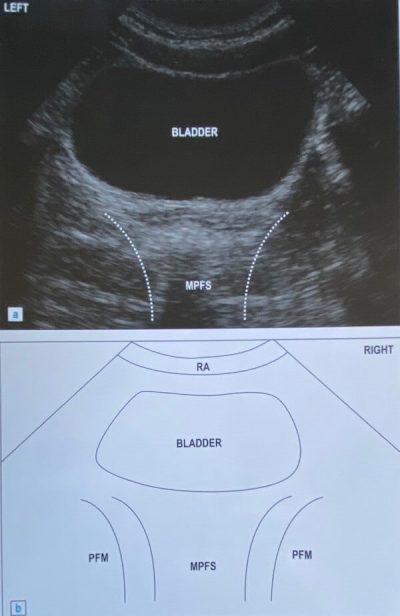We have continually attracted South Australia’s best physios, remedial massage therapists and support staff as a result of our culture and our values. And music. And fine coffee.
Women's Health Physio
These are common reasons for seeing a Women's health physio.
DO ANY SOUND FAMILIAR?
- I avoid going out for social occasions for fear of urinary leakage
- I find it hard to control wind, which leads to embarrassing situations
- I feel like I’m forever struggling to get to the toilet on time
- I get nervous about what might happen when I cough, sneeze or strain
- I feel overwhelmed because I don’t want surgery but I suspect it’s too late to start pelvic floor exercises
Or perhaps you have:
- Stopped running or doing any lifting exercises due to incontinence
- Found yourself struggling to empty your bowels easily
- Never heard anyone talking about the faecal incontinence problem you suffer with
- Started to wear incontinence pads
- Felt alone and embarrassed to talk about these ‘issues’ to friends, family and even health professionals
Or you know you need to do pelvic floor exercises but ... you’re not sure if you are doing them correctly.
You are not alone if you need women’s health physio. And you are in absolutely the right place!
WHO DO WE HELP?
Lisa Vernon, our Women’s Health Physio, can help anyone with:
- Urinary dysfunction
- Bowel dysfunction
- Pelvic floor muscle dysfunction
This includes problems with all of the situations above involving urinary and faecal incontinence, problems with control of flow of urine, bowels or wind and incomplete emptying.
You are in excellent hands with Lisa Vernon, our highly qualified Women’s Health Physio.

Would you like to feel:
- Confident any time you cough or sneeze?
- Eager to go out with friends and family without fearing any ‘accidents’
- Excited about doing any kind of exercise you like, including running and lifting weights?
- Relieved to have painfree sex?
- Comfortable and easy when you have to use your bowels?
- No dragging or bulging sensation in your pelvic region
Ring us on (08) 7282 0871 or book online to make a time to speak with Lisa about women’t\s health physio can help you achieve these goals.
How does a women's health physio help with pelvic floor problems?
1. Comprehensive assessment
Lisa uses sensitive and tactful questioning to comfortably find out the exact nature of your problems and how disruptive they are currently in your life.
She will take a detailed history including finding out about your relevant medical history, bladder and bowel function, fluid intake, diet, exercise and pelvic floor health.
She also uses questionnaires and bladder and bowel diaries as useful tools in getting detailed information about your situation, and to provide a baseline to measure improvement.
To assess your pelvic floor, we use a non-invasive method using Real Time Ultrasound Imaging applied via your abdominal wall.
This produces a picture of your pelvic floor muscles and a visualisation of the effect that contraction has on the bladder.
This acts as real time feedback so that you can see your muscle activity as it happens.

2. Diagnosis
Naturally, you need to know what is wrong and what you can expect from women’s pelvic health physio treatment.
We will make it easy for you to understand the real nature of the problem.
3. Treatment Plan
Lisa will develop an individualised plan with you about the most effective way to help your problem.
By developing this plan with you, she will make sure that it is realistic for you and your lifestyle.
It also makes sure that it meets your needs and expectations.
4. Treatment
Lifestyle advice and pelvic floor muscle training is the first line management of pelvic floor dysfunction.
The pelvic muscle retraining is done using the trans-abdominal ultrasound to give real time feedback about what you are doing.
There are other external ways of assessing muscle activity that can be employed if needed, including external surface EMG feedback.
REMEMBER: It Is Never Too Late To Start Improving Your Pelvic Floor Muscles!
Get Started Today On Your Path To
LESS PAIN +
LESS MEDICATION
Book online 24/7, call us or chat on Facebook Messenger to get more details
Subscribe to our newsletter
We have continually attracted South Australia’s best physios, remedial massage therapists and support staff as a result of our culture and our values. And music. And fine coffee.
Site Map
- 8356 1000
- 8356 1200
- admin@adelaidewestphysio.com.au
- Facebook Messenger
- 506 Henley Beach Road FULHAM South Australia 5024
©2022 - Adelaide West Physio + Pilates | Headache Clinic. All rights reserved
©2022 - Adelaide West Physio + Pilates | Headache Clinic – All rights reserved
©2024 - Adelaide West Physio + Pilates | Headache Clinic – All rights reserved